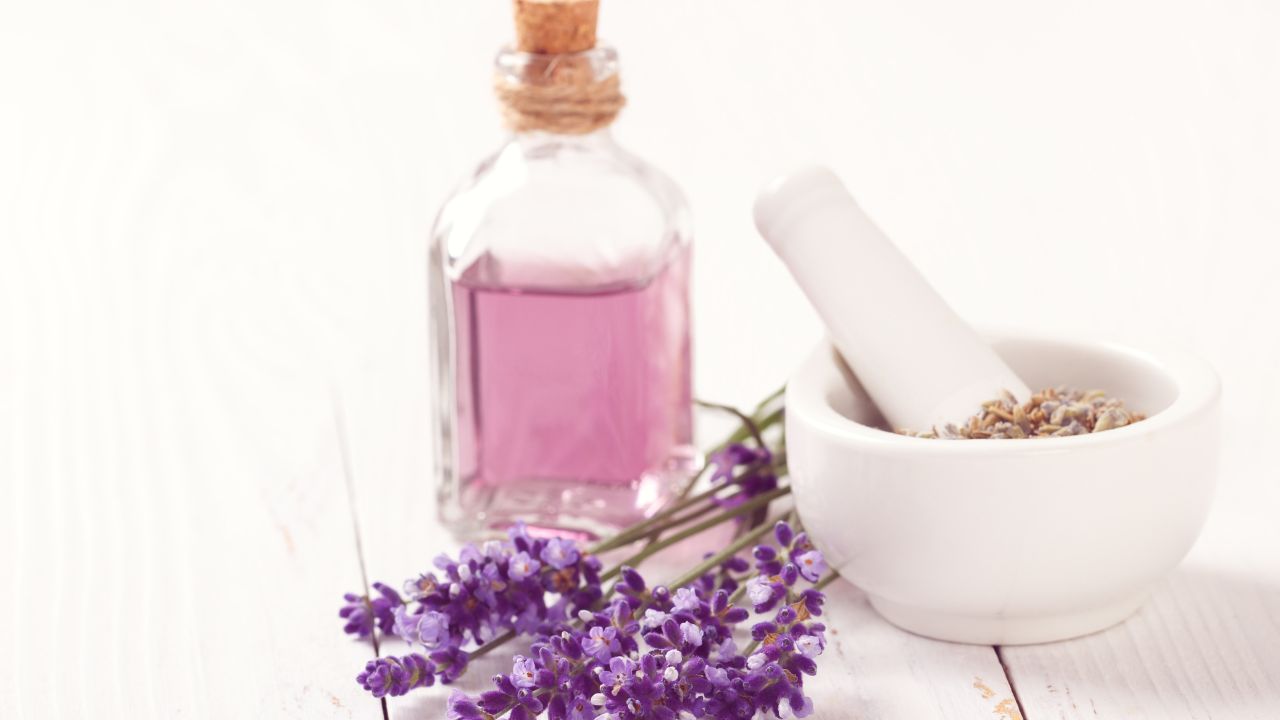
The Power of Essential Oils
Aromatherapy, the use of essential oils to promote healing and relaxation, has been practiced for centuries. These natural plant extracts have been known to offer a wide range of benefits, including relief from stress, anxiety, and physical discomfort. When it comes to muscle relief, aromatherapy can be a powerful tool in the recovery process.
Lavender: The Relaxation Superstar
One of the most popular essential oils for muscle recovery is lavender. This fragrant oil has been shown to have a calming effect on the mind and body, helping to reduce stress and promote relaxation. When applied topically, lavender oil can help to soothe sore muscles and reduce inflammation, making it an excellent choice for post-workout recovery.
Peppermint: The Cooling Sensation
Another essential oil that can be beneficial for muscle recovery is peppermint. This invigorating oil has a cooling effect on the skin, which can help to reduce muscle soreness and stiffness. Peppermint oil also has analgesic properties, meaning it can help to alleviate pain and discomfort associated with muscle strain or injury.
Eucalyptus: The Invigorating Aroma
Eucalyptus oil is another popular choice for muscle recovery. This refreshing oil has a strong, invigorating aroma that can help to clear the mind and boost energy levels. When applied topically, eucalyptus oil can help to increase circulation, which can aid in the delivery of oxygen and nutrients to sore muscles, promoting faster healing and recovery.
Rosemary: The Stimulating Scent
Rosemary oil is known for its stimulating properties, making it an excellent choice for those looking to boost their energy levels and mental clarity. When used in aromatherapy, rosemary oil can help to reduce fatigue and improve focus, which can be particularly beneficial during long or intense workouts. Additionally, rosemary oil has been shown to have anti-inflammatory properties, which can help to reduce muscle soreness and stiffness.
Creating Your Own Aromatherapy Blend
To create your own muscle recovery blend, start by choosing a carrier oil, such as coconut or jojoba oil, and add a few drops of your chosen essential oils. A popular combination is lavender, peppermint, and eucalyptus, which can provide a soothing and invigorating effect on sore muscles. Simply mix the oils together and massage the blend into the affected area, allowing the healing properties of the essential oils to work their magic.
The Importance of Quality
When using essential oils for muscle recovery, it is crucial to choose high-quality, pure oils from reputable sources. Synthetic or adulterated oils may not provide the same benefits and could potentially cause irritation or allergic reactions. Always perform a patch test before using a new oil and dilute the oils properly to avoid skin sensitivity.
Aromatherapy as a Complementary Practice
While aromatherapy can be a powerful tool in muscle recovery, it should be used as a complementary practice alongside other recovery methods, such as stretching, foam rolling, and proper nutrition. By incorporating essential oils into your recovery routine, you can enhance the relaxation and rejuvenation process, allowing your muscles to heal more efficiently and effectively.
The Mind-Body Connection
Aromatherapy not only benefits the physical body but also has a profound impact on the mind. The soothing scents of essential oils can help to reduce stress and anxiety, promoting a sense of calm and well-being. This mind-body connection is crucial in the recovery process, as a relaxed mind can lead to better sleep, improved mood, and faster healing.
Incorporating Aromatherapy into Your Lifestyle
Incorporating aromatherapy into your daily life can be as simple as adding a few drops of your favorite essential oil to a diffuser or taking a relaxing bath with a muscle recovery blend. By making aromatherapy a regular part of your routine, you can experience the ongoing benefits of these powerful plant extracts, promoting overall health and wellness.
In conclusion, aromatherapy can be a valuable tool in aiding muscle recovery, offering a natural and holistic approach to healing and relaxation. By harnessing the power of essential oils, such as lavender, peppermint, eucalyptus, and rosemary, you can soothe sore muscles, reduce inflammation, and promote a sense of calm and well-being. As with any new practice, it is essential to use high-quality oils and to listen to your body, allowing aromatherapy to complement your existing recovery methods and enhance your overall health and wellness journey.
 Mobility trainingHome Fitness RecoverySports Injury PreventionPersonal Physical TherapyOrthopedic SolutionsPrivacy PolicyTerms And Conditions
Mobility trainingHome Fitness RecoverySports Injury PreventionPersonal Physical TherapyOrthopedic SolutionsPrivacy PolicyTerms And Conditions
